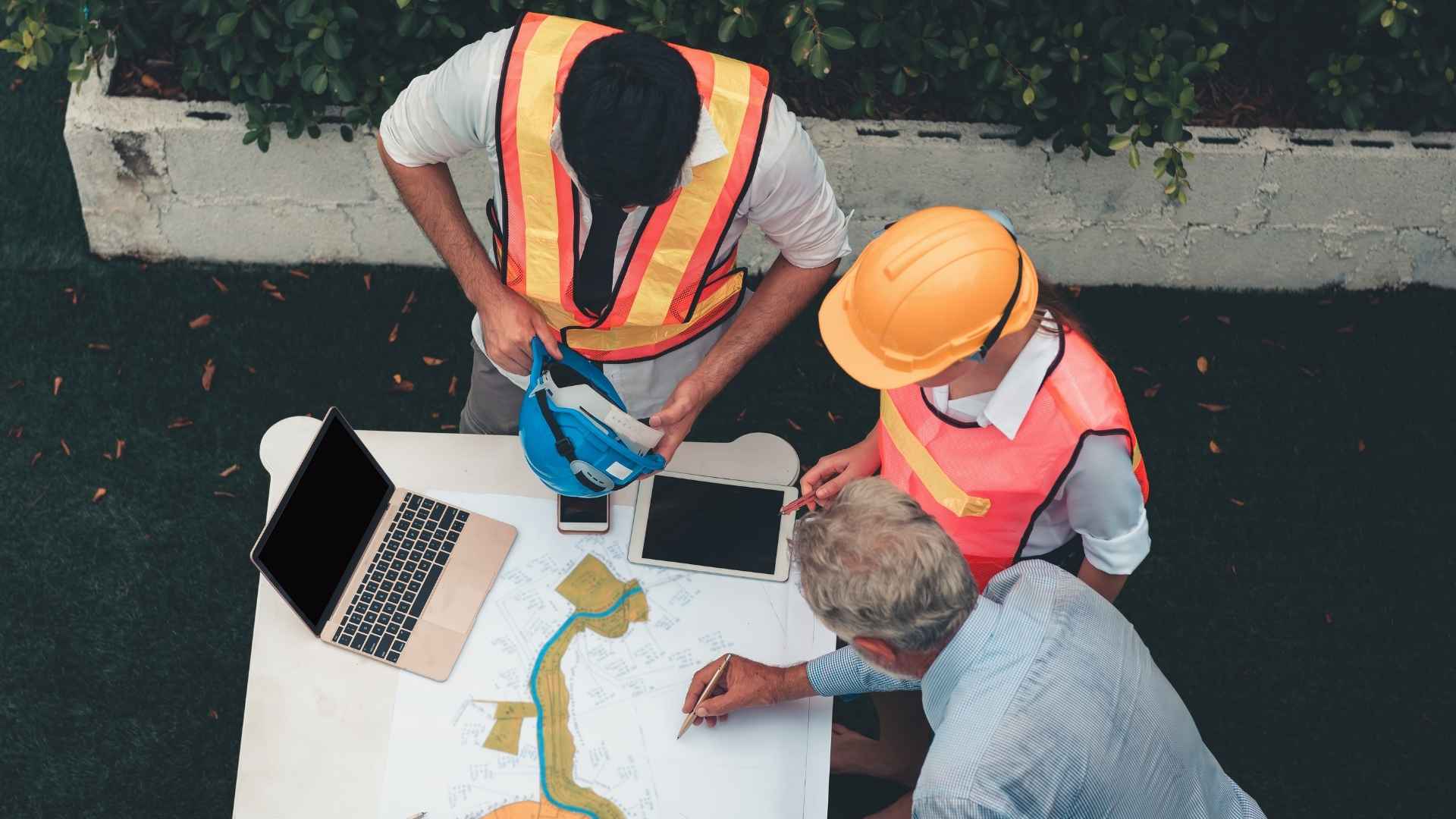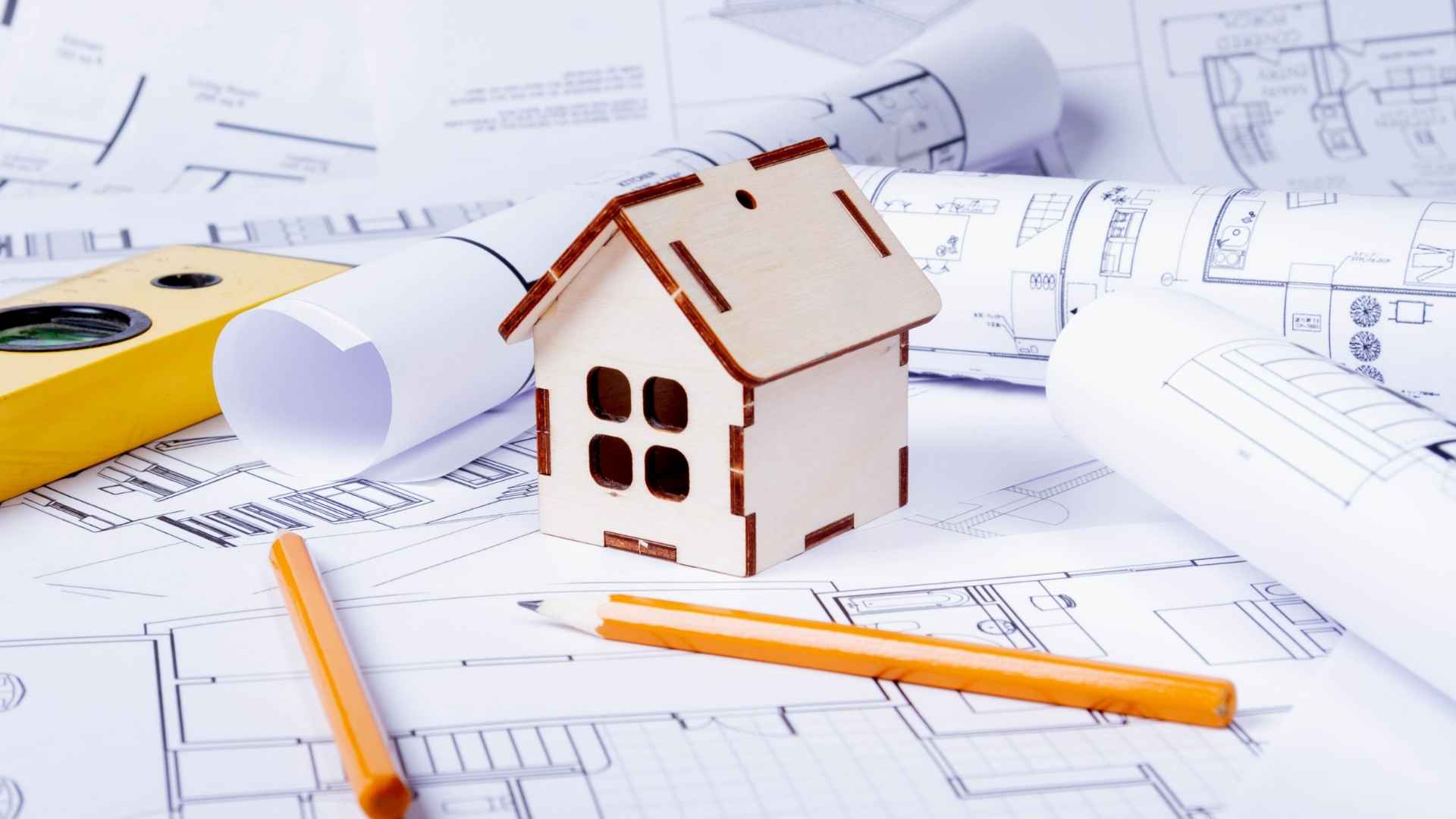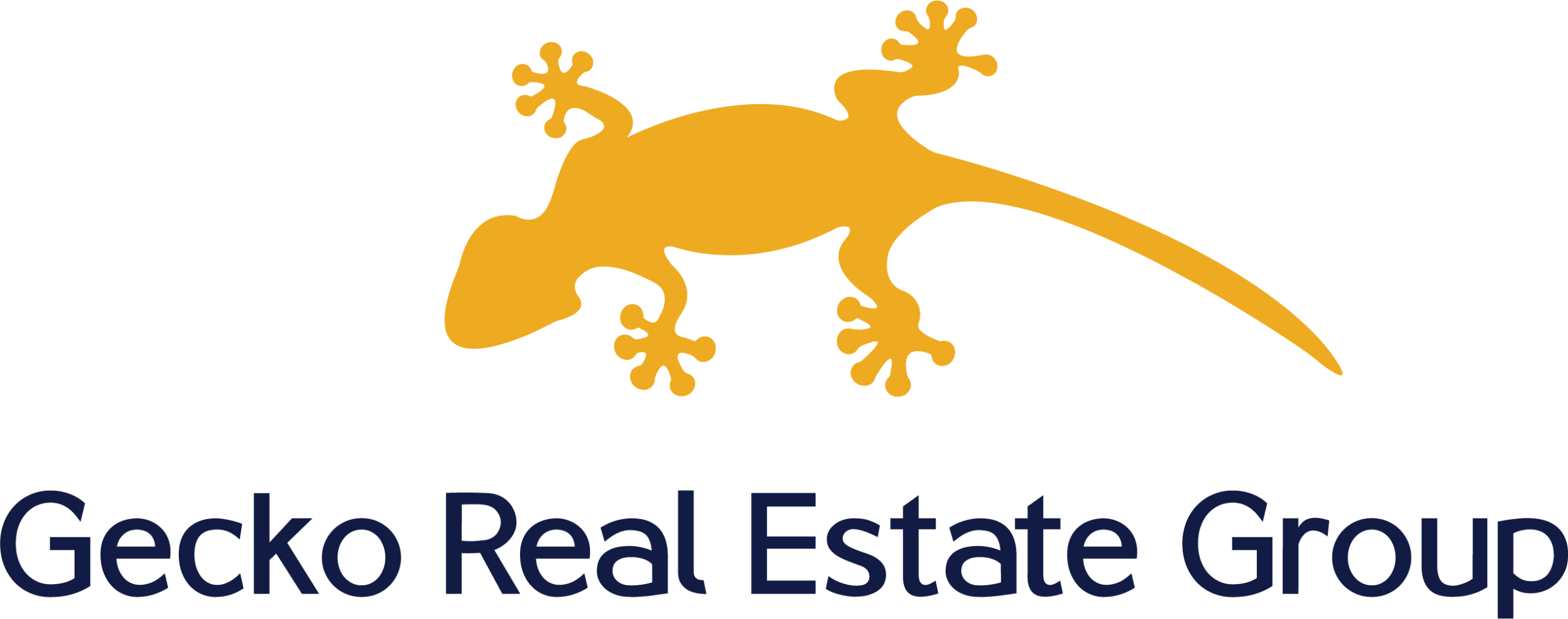Welcome to Mexico Custom Homes
1902 Wright Pl Ste.200
Carlsbad, CA, 92008
Send Your Mail At
Working Hours
Mon-Sat:9.30am To 7.00pm

- 0 Comments
- By Xeeshan
Construction Management Services In México 2025 | MC Homes
MC Homes is a leading construction management and custom home building company with a strong presence in the Mexico. Specializing in high-quality construction, MC Homes focuses on delivering tailored solutions that meet the unique needs of each project. With 15 years of experience in the construction industry, our team of professionals is committed to excellence at every stage, from project planning to issue resolution.
At MC Homes, we understand that every construction project is different. That’s why we offer personalized services that include project planning, resource management, permitting and compliance, safety management, contractor coordination, quality control, and issue resolution. Our approach is rooted in clear communication, precise management, and a commitment to achieving the highest standards of workmanship.
We are dedicated to creating custom homes and construction projects that exceed expectations, ensuring each project is completed on time, within budget, and to the highest quality standards. Whether you’re looking for residential, commercial, or specialized construction services in Mexico, MC Homes is your trusted partner for all your construction needs.
2. Project Planning

At MC Homes, we understand that meticulous project planning is the cornerstone of successful construction management. Our approach ensures that every project is executed efficiently, on time, and within budget, while meeting the highest quality standards.
Understanding Project Planning in Construction
Project planning in construction involves outlining the steps and processes necessary to complete a construction project from inception to completion. This phase is crucial for defining project objectives, establishing timelines, allocating resources, and setting budgets. Effective project planning helps anticipate potential challenges and provides strategies to mitigate risks, ensuring a smooth construction process.
Key Steps in Construction Project Planning
Project Initiation and Feasibility Analysis: Before commencing any project, it’s essential to assess its feasibility. This involves understanding the client’s vision, conducting site evaluations, and analyzing financial and regulatory aspects. A thorough feasibility study helps in making informed decisions and setting realistic goals.
Defining Scope and Objectives: Clearly outlining the project’s scope and objectives ensures that all stakeholders have a unified understanding of the project’s goals. This step involves detailing the deliverables, setting measurable goals, and establishing success criteria.
Developing a Detailed Project Plan: A comprehensive project plan serves as a roadmap for the entire construction process. It includes:
Work Breakdown Structure (WBS): Breaking down the project into manageable tasks and sub-tasks.
Scheduling: Establishing timelines for each task, identifying dependencies, and setting milestones.
Resource Allocation: Determining the necessary resources, including labor, materials, and equipment, and assigning them appropriately.
Budgeting: Estimating costs for each phase and ensuring alignment with the overall budget.
Risk Management Planning: Identifying potential risks and developing mitigation strategies is vital for minimizing disruptions. This involves:
Risk Identification: Recognizing potential challenges that could impact the project.
Risk Assessment: Evaluating the likelihood and impact of identified risks.
Mitigation Strategies: Developing plans to address and manage risks proactively.
Stakeholder Communication and Coordination: Maintaining transparent and consistent communication with all stakeholders, including clients, contractors, and suppliers, ensures alignment and fosters collaboration. Regular meetings, updates, and feedback loops are integral to this process.
Compliance and Regulatory Planning: Ensuring that the project complies with all local, state, and federal regulations is crucial for legal and operational success. This includes obtaining necessary permits, adhering to building codes, and ensuring environmental compliance.
Best Practices for Effective Project Planning
Set Realistic Timeframes: Establish achievable timelines that account for potential delays and complexities.
Engage Experienced Professionals: Involve skilled project managers, engineers, and consultants to leverage their expertise in planning and execution.
Utilize Advanced Planning Tools: Employ project management software and tools to streamline scheduling, resource allocation, and budgeting processes.
Regularly Review and Adjust Plans: Continuously monitor progress and make necessary adjustments to address unforeseen challenges or changes.
2. Resource Management

Effective Resource Management is crucial in construction projects, ensuring that labor, materials, equipment, and finances are utilized efficiently to achieve project goals on time and within budget. At MC Homes, we specialize in optimizing these resources to deliver exceptional custom homes and construction projects.
Understanding Resource Management in Construction
Resource management in construction involves the strategic planning, allocation, and oversight of various resources throughout a project’s lifecycle. This process aims to maximize efficiency, minimize waste, and ensure that all project requirements are met effectively. Key components include:
- Labor Management: Recruiting, training, and scheduling the workforce to align with project demands.
- Material Management: Procurement, storage, and distribution of materials to prevent shortages and delays.
- Equipment Management: Ensuring that machinery and tools are available, maintained, and utilized optimally.
- Financial Management: Budgeting and monitoring expenditures to keep the project financially on track.
The Importance of Resource Management
Proper resource management in construction offers several benefits:
- Enhanced Productivity: Efficient allocation of resources leads to streamlined workflows and increased output.
- Cost Savings: Optimizing resource use helps in reducing waste and controlling project costs.
- Timely Project Completion: Balanced resource distribution ensures that project milestones are achieved as scheduled.
- Quality Assurance: Adequate resources enable attention to detail, resulting in high-quality construction.
MC Homes’ Approach to Resource Management
At MC Homes, we employ a comprehensive approach to resource management:
- Detailed Planning: We assess project requirements meticulously to forecast labor, material, and equipment needs accurately.
- Strategic Allocation: Resources are assigned based on project phases and priorities, ensuring critical tasks are adequately supported.
- Continuous Monitoring: We track resource utilization in real-time, allowing for adjustments to address any discrepancies or emerging needs.
- Leveraging Technology: Utilizing advanced software and tools enhances our ability to plan, monitor, and optimize resource use effectively.
Addressing Industry Challenges
The construction industry faces challenges such as labor shortages and increasing material costs. For instance, reports indicate that worker shortages are posing a significant threat, potentially driving up costs .
At MC Homes, we proactively address these challenges by:
- Investing in Workforce Development: Providing training and development opportunities to attract and retain skilled labor.
- Establishing Strong Supplier Relationships: Ensuring reliable material supply chains to mitigate cost fluctuations and delays.
- Implementing Lean Construction Practices: Adopting methodologies that reduce waste and enhance operational efficiency.
Why Choose MC Homes for Resource Management?
- Expertise: Our team brings years of experience in managing diverse construction projects, ensuring resources are utilized effectively.
- Customization: We tailor our resource management strategies to align with the unique needs of each project.
- Transparency: We maintain open communication with clients, providing regular updates on resource allocation and project progress.
- Quality Commitment: Our meticulous attention to resource management contributes to the superior quality of our construction projects.
3. Permitting and Compliance

Navigating Permitting and Compliance is a critical aspect of construction management, ensuring that projects adhere to all necessary regulations and standards. At MC Homes, we are committed to guiding our clients through this complex process with professionalism and expertise.
Understanding Permitting and Compliance in Construction
In the United States, construction projects must comply with a multitude of regulations, including zoning laws, building codes, environmental standards, and safety requirements. These regulations are designed to ensure that structures are safe, sustainable, and beneficial to the communities they inhabit. Non-compliance can lead to delays, increased costs, and legal challenges.
Key Components of Permitting and Compliance
Zoning and Land Use Regulations: Determine how land can be used and what can be built, varying by jurisdiction.
Building Codes: Set standards for construction quality, safety, and accessibility.
Environmental Regulations: Ensure projects do not adversely affect the environment, including assessments under the National Environmental Policy Act (NEPA).
Safety Standards: Mandate adherence to Occupational Safety and Health Administration (OSHA) guidelines to protect workers and the public.
MC Homes’ Approach to Permitting and Compliance
At MC Homes, we streamline the permitting and compliance process through the following strategies:
Early Engagement with Authorities: We initiate communication with local and federal agencies early in the project to understand specific requirements and address potential issues proactively.
Thorough Documentation: Our team ensures that all necessary documents, including plans, drawings, and reports, are complete and accurate, facilitating smoother approvals.
Expert Guidance: Leveraging our experience and knowledge, we navigate complex regulations, ensuring all aspects of the project meet or exceed compliance standards.
Utilization of Technology: We employ advanced construction management software to track permit statuses, schedule inspections, and maintain comprehensive records.Continuous Monitoring and Adaptation: We stay updated on evolving regulations and adjust our practices accordingly to maintain compliance throughout the project lifecycle.
Recent Developments in Construction Permitting
The construction industry is experiencing shifts aimed at improving the permitting process. For instance, the Biden administration has finalized plans to expand solar energy projects on federal lands, streamlining approvals for such initiatives. Additionally, discussions around expediting permits for large investments, such as those exceeding $1 billion, are ongoing, though they face legal and regulatory challenges.
Why Choose MC Homes for Your Construction Projects?
Expertise: Our deep understanding of permitting and compliance ensures your project meets all necessary standards.
Efficiency: We navigate the permitting process swiftly, minimizing delays and keeping your project on track.
Transparency: We provide clear communication and detailed documentation, keeping you informed at every stage.
Commitment: Our dedication to quality and compliance guarantees a successful project outcome.
4. Safety Management

Ensuring a culture of safety is paramount in construction projects, safeguarding workers’ well-being and maintaining operational efficiency. At MC Homes, we prioritize comprehensive safety management to uphold the highest standards on every project.
Understanding Safety Management in Construction
Safety management in construction involves systematic processes to identify, assess, and mitigate risks associated with construction activities. A robust safety management system aims to prevent workplace injuries and illnesses, comply with legal regulations, and promote a culture of safety among all stakeholders.
Key Components of Safety Management
Safety Training and Education: Providing regular training ensures that all personnel are aware of potential hazards and are equipped with the knowledge to mitigate them. This includes understanding the proper use of personal protective equipment (PPE) and safe operation of machinery.
Emergency Response Planning: Developing comprehensive emergency plans that outline procedures for various scenarios—such as fires, medical emergencies, and natural disasters—ensures swift and effective responses to incidents. Regular drills and clear communication are essential components.
Incident Investigation: Systematically investigating accidents and near-misses helps identify root causes and implement corrective actions to prevent recurrence. This proactive approach contributes to continuous improvement in safety practices.
Hazard Identification and Risk Assessment: Regularly inspecting the construction site to identify potential hazards allows for timely implementation of control measures, reducing the likelihood of accidents.
Personal Protective Equipment (PPE): Ensuring that all workers are equipped with appropriate PPE—such as hard hats, gloves, eye protection, and high-visibility vests—is crucial in minimizing exposure to workplace hazards.
Safety Procedures and Work Practices: Establishing and enforcing standardized safety procedures and best practices, including fall protection measures, machinery operation protocols, and safe excavation practices, helps maintain a safe working environment.
Worker Engagement and Communication: Fostering open communication channels encourages workers to report hazards and suggest improvements, leading to a more collaborative and effective safety culture.
MC Homes’ Commitment to Safety
At MC Homes, we integrate these safety management components into our daily operations:
Comprehensive Safety Programs: We develop tailored safety programs that address the unique challenges of each project, ensuring all team members are aligned with safety objectives.
Continuous Training: Our workforce undergoes regular safety training sessions, keeping them informed about the latest safety protocols and regulatory requirements.
Proactive Hazard Management: We conduct thorough site assessments to identify potential hazards early, implementing effective control measures to mitigate risks.
Emergency Preparedness: Our detailed emergency response plans are regularly reviewed and practiced, ensuring readiness for any unforeseen situations.
Collaborative Safety Culture: We encourage active participation from all team members in safety discussions and decision-making processes, fostering a shared responsibility for workplace safety.
Why Choose MC Homes for Safety Management?
Expertise: Our team possesses extensive experience in implementing effective safety management systems tailored to the construction industry.
Compliance Assurance: We stay abreast of current safety regulations and ensure all projects comply, minimizing legal risks and promoting a culture of safety.
Risk Mitigation: Through proactive safety measures, we significantly reduce the likelihood of accidents, protecting both personnel and project assets.
Continuous Improvement: We are committed to refining our safety practices based on feedback and incident analyses, striving for ongoing enhancement in safety performance.
5. Contractor and subcontractor Coordination

Effective coordination between contractors and subcontractors is essential for the successful execution of construction projects. At MC Homes, we prioritize seamless collaboration to ensure projects are completed on time, within budget, and to the highest quality standards.
Understanding Contractor and Subcontractor Roles
- Contractors: Oversee the entire construction project, managing resources, timelines, and overall execution.
- Subcontractors: Specialize in specific tasks or trades, such as electrical work, plumbing, or HVAC systems, and are engaged to perform these specialized services.
The Importance of Coordination
Effective coordination between contractors and subcontractors offers several benefits:
- Enhanced Efficiency: Aligning schedules and workflows minimizes downtime and accelerates project timelines.
- Quality Assurance: Collaborative efforts ensure that work meets specified standards and reduces the likelihood of errors.
- Cost Management: Coordinated planning helps in identifying potential cost savings and preventing budget overruns.
- Safety Compliance: Unified adherence to safety protocols ensures a secure working environment for all personnel.
Best Practices for Effective Coordination
Establish Clear Communication Channels: Open and consistent communication is crucial. Utilize project management software or communication apps to share updates, address concerns, and keep all parties informed.
Define Roles and Responsibilities: Clearly outline the duties of both contractors and subcontractors to prevent overlaps and ensure accountability.
Develop Detailed Project Plans: Create comprehensive schedules that integrate the timelines of both contractors and subcontractors, allowing for efficient sequencing of tasks.
Engage in Pre-Construction Collaboration: Involve subcontractors early in the planning phase to leverage their expertise in identifying potential challenges and solutions.
Utilize Technology for Collaboration: Implement construction management tools that facilitate document sharing, scheduling, and real-time updates, enhancing transparency and coordination.
Maintain Regular Site Meetings: Hold consistent meetings to review progress, address issues, and adjust plans as necessary, ensuring alignment among all parties.
Foster Collaborative Relationships: Build trust and mutual respect through positive interactions, recognizing the contributions of all team members and working towards shared goals.
Why Choose MC Homes for Your Construction Projects?
- Expertise: Our extensive experience in managing both contractors and subcontractors ensures efficient project execution.
- Customized Solutions: We tailor our coordination strategies to meet the unique needs of each project, optimizing outcomes.
- Commitment to Quality: Our focus on collaboration leads to superior workmanship and client satisfaction.
- Proactive Problem-Solving: We anticipate challenges and address them promptly, minimizing disruptions.
6. Quality Control

Implementing effective Quality Control (QC) measures is essential in construction to ensure that projects meet or exceed specified standards, satisfy client expectations, and comply with regulatory requirements. At MC Homes, we prioritize stringent quality control throughout every phase of our construction projects.
Understanding Quality Control in Construction
Quality control in construction involves systematic processes to monitor and maintain the quality of materials, workmanship, and overall project execution. It encompasses setting clear quality standards, conducting regular inspections, and implementing corrective actions to address any deviations from the desired quality benchmarks.
Key Components of Quality Control
Define and Communicate Acceptance Criteria: Establish clear and measurable quality standards for all aspects of the project. Ensure that these criteria are effectively communicated to all team members and stakeholders to align expectations.
Develop a Comprehensive Inspection Plan: Create a detailed plan outlining what will be inspected, the timing of inspections, and the responsible personnel. This plan ensures that all critical elements are evaluated at appropriate stages.
Utilize Checklists and Documentation: Employ standardized checklists during inspections to maintain consistency and thoroughness. Accurate documentation of inspections, findings, and corrective actions provides a clear record and supports continuous improvement.
Implement Corrective Actions and Verify Compliance: Promptly address any identified deficiencies by implementing corrective measures. Re-inspect to verify that these actions have effectively resolved the issues and that the project meets the established quality standards.
Analyze and Prevent Future Deficiencies: Regularly review quality control data to identify patterns or recurring issues. Use this analysis to implement preventive measures, enhancing overall project quality and efficiency.
MC Homes’ Approach to Quality Control
At MC Homes, our commitment to quality is reflected in our comprehensive quality control strategies:
Tailored Quality Plans: We develop project-specific quality plans that address the unique requirements and challenges of each construction endeavor.
Experienced Quality Assurance Teams: Our teams are trained to identify potential quality issues proactively and implement effective solutions promptly.
Continuous Training and Development: We invest in ongoing training for our staff and subcontractors to ensure adherence to the latest quality standards and best practices.
Client Collaboration: We work closely with clients to understand their quality expectations, ensuring that the final product aligns with their vision and requirements.
Benefits of Effective Quality Control
Enhanced Client Satisfaction: Delivering high-quality projects that meet or exceed client expectations fosters strong relationships and encourages repeat business.
Cost Savings: Preventing defects and rework reduces expenses and contributes to more efficient project delivery.
Regulatory Compliance: Adherence to quality standards ensures compliance with local, state, and federal regulations, avoiding legal complications.
Reputation Management: Consistently delivering quality projects enhances our reputation, attracting new clients and opportunities.
Why Choose MC Homes for Quality Construction?
Expertise: With years of experience, we possess the knowledge and skills to manage complex quality control processes effectively.
Dedication to Excellence: Our unwavering commitment to quality drives us to continually improve and innovate in our construction practices.
Client-Centric Approach: We prioritize our clients’ needs, ensuring that every project aligns with their vision and quality expectations.
7. Issue Resolution

Effectively addressing and resolving issues that arise during construction projects is essential for maintaining project momentum, adhering to timelines, and ensuring client satisfaction. At MC Homes, we implement a comprehensive approach to issue resolution that emphasizes proactive identification, clear communication, and collaborative problem-solving.
Understanding Issue Resolution in Construction
In the construction industry, issues can range from design discrepancies and material shortages to unforeseen site conditions and interpersonal conflicts among stakeholders. Timely and effective resolution of these issues is crucial to prevent delays, control costs, and uphold the quality of work.
MC Homes’ Approach to Issue Resolution
Proactive Issue Identification
Regular Site Assessments: Our project managers and supervisors conduct frequent site visits to identify potential issues before they escalate. This proactive approach allows for early intervention and mitigation strategies.
Stakeholder Communication: We maintain open lines of communication with all project stakeholders, including clients, contractors, subcontractors, and suppliers, to promptly address concerns as they arise.
Clear Documentation
Detailed Reporting: All identified issues are documented with comprehensive details, including descriptions, affected areas, potential impacts, and suggested solutions. This documentation serves as a reference for decision-making and accountability.
Change Orders: When issues necessitate changes to the original plan, we issue formal change orders that outline the scope, cost implications, and timeline adjustments, ensuring transparency and mutual agreement.
Collaborative Problem-Solving
Engaging Experts: For technical or specialized issues, we consult with subject matter experts to develop effective solutions that align with project goals and regulatory standards.
Stakeholder Meetings: We organize regular meetings with all relevant parties to discuss issues, brainstorm solutions, and agree on action plans, fostering a collaborative project environment.
Effective Dispute Resolution Mechanisms
Negotiation: We prioritize direct negotiation among parties to resolve conflicts amicably, aiming for solutions that satisfy all stakeholders without resorting to formal proceedings.
Mediation and Arbitration: If disputes cannot be resolved through negotiation, we engage neutral third parties to facilitate mediation or arbitration, ensuring fair and impartial resolution processes.
Continuous Improvement
Post-Project Reviews: After project completion, we conduct reviews to analyze issues encountered and assess the effectiveness of resolution strategies, applying lessons learned to future projects.
Training and Development: We invest in ongoing training for our team members to enhance their problem-solving skills and stay updated on best practices in issue resolution.
Benefits of Our Issue Resolution Approach
Minimized Delays: By addressing issues promptly, we prevent project timelines from being extended, ensuring timely completion.
Cost Control: Effective resolution prevents cost overruns associated with delays and unforeseen complications.
Quality Assurance: Resolving issues maintains the integrity of the project, ensuring that the final outcome meets or exceeds quality standards.
Enhanced Client Satisfaction: Our proactive and transparent approach fosters trust and satisfaction among clients, leading to long-term relationships and repeat business.
Why Choose MC Homes for Your Construction Projects?
Expertise: Our team brings extensive experience in managing and resolving complex construction issues efficiently.
Transparency: We maintain clear and open communication throughout the project, keeping all stakeholders informed and engaged.
Commitment to Excellence: We are dedicated to delivering high-quality projects and resolving issues effectively to meet client expectations.
Why Choose Us For Construction Management Services In México?
In the dynamic landscape of construction management, staying abreast of emerging trends is essential for delivering projects that meet contemporary demands. At MC Homes, we are committed to integrating innovative practices that enhance efficiency, sustainability, and client satisfaction.
Emerging Trends in Construction Management
Integration of Advanced Technologies
Building Information Modeling (BIM): BIM facilitates precise pre-construction simulations, enhancing planning accuracy and collaboration among stakeholders.
Automation and Robotics: The adoption of automated equipment and robotics streamlines construction processes, addressing labor shortages and improving safety on job sites.
Artificial Intelligence (AI) and Big Data Analytics: Leveraging AI and data analytics aids in predictive analytics for project scheduling, resource allocation, and risk management, leading to more informed decision-making.
Sustainable and Resilient Construction Practices
Green Building Initiatives: Emphasizing eco-friendly materials and energy-efficient designs aligns with global sustainability goals and meets the growing demand for environmentally conscious construction.
Climate-Resilient Structures: Constructing buildings capable of withstanding extreme weather conditions addresses the challenges posed by climate change, ensuring long-term durability and safety.
Emphasis on Safety and Compliance
Enhanced Safety Protocols: Implementing advanced safety measures and continuous training programs aims to reduce workplace accidents and promote a culture of safety.
Regulatory Adherence: Staying updated with evolving building codes and regulations ensures compliance and mitigates legal risks associated with construction projects.
Adoption of Agile Construction Methodologies
- Flexible Project Management: Applying agile principles allows for iterative planning and execution, accommodating changes and enhancing responsiveness to client needs.
Strategic Contractor and Subcontractor Collaboration
- Integrated Project Delivery (IPD): Fostering collaborative relationships among all project stakeholders, including contractors and subcontractors, leads to improved project outcomes through shared goals and responsibilities.
Utilization of Prefabrication and Modular Construction
- Offsite Construction: Employing prefabrication and modular methods reduces construction timelines and enhances quality control by assembling components in controlled environments before onsite installation.
MC Homes’ Commitment to Innovation
At MC Homes, we recognize that embracing these trends is crucial for delivering projects that not only meet current standards but also anticipate future needs. Our commitment involves:
Continuous Investment in Technology: Integrating state-of-the-art tools and platforms to enhance design accuracy, project management, and client engagement.
Sustainable Design and Construction: Prioritizing eco-friendly practices and materials to contribute to environmental preservation and energy efficiency.
Collaborative Project Execution: Engaging closely with all stakeholders to ensure transparency, adaptability, and alignment with project goals.
Ongoing Professional Development: Providing our team with continuous training to uphold the highest standards of safety, quality, and innovation in construction practices.
